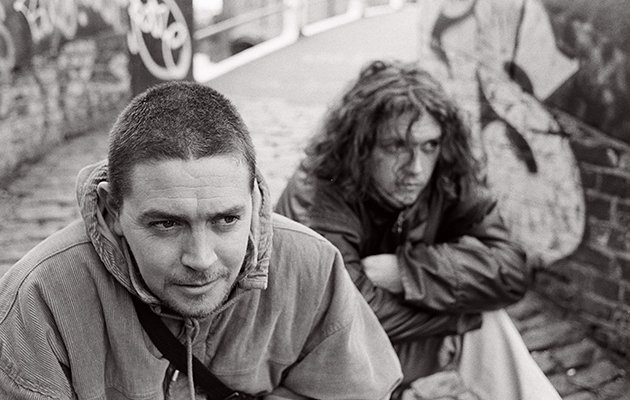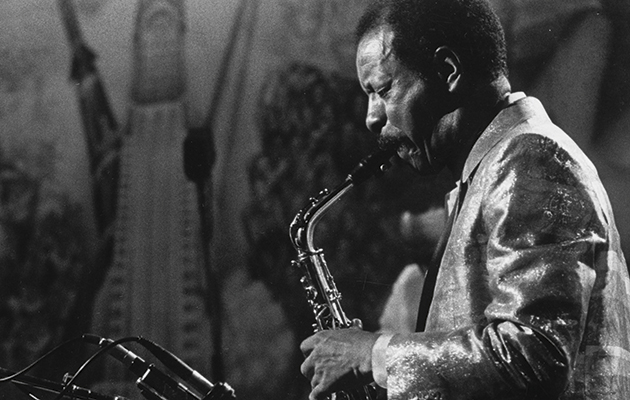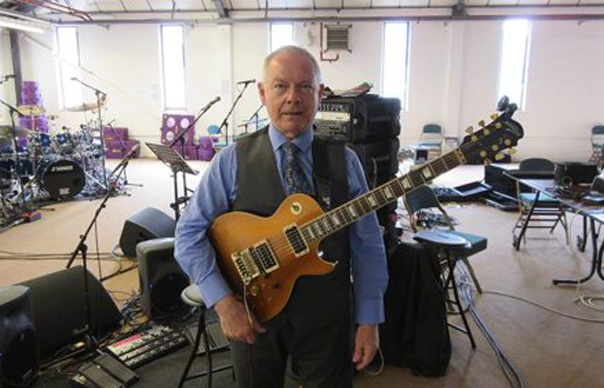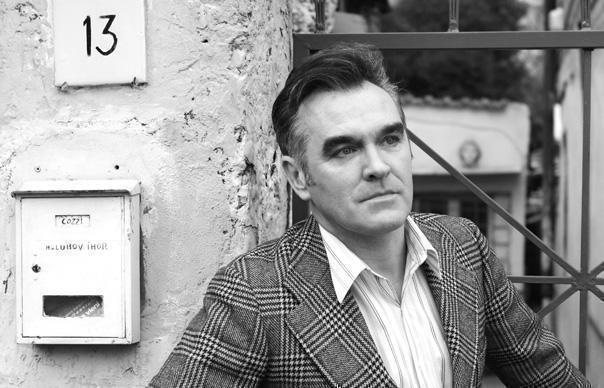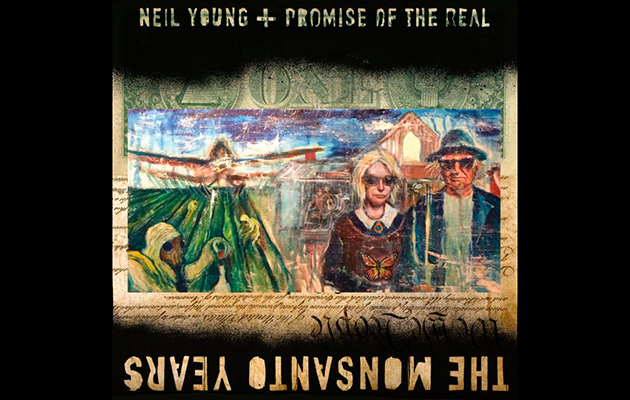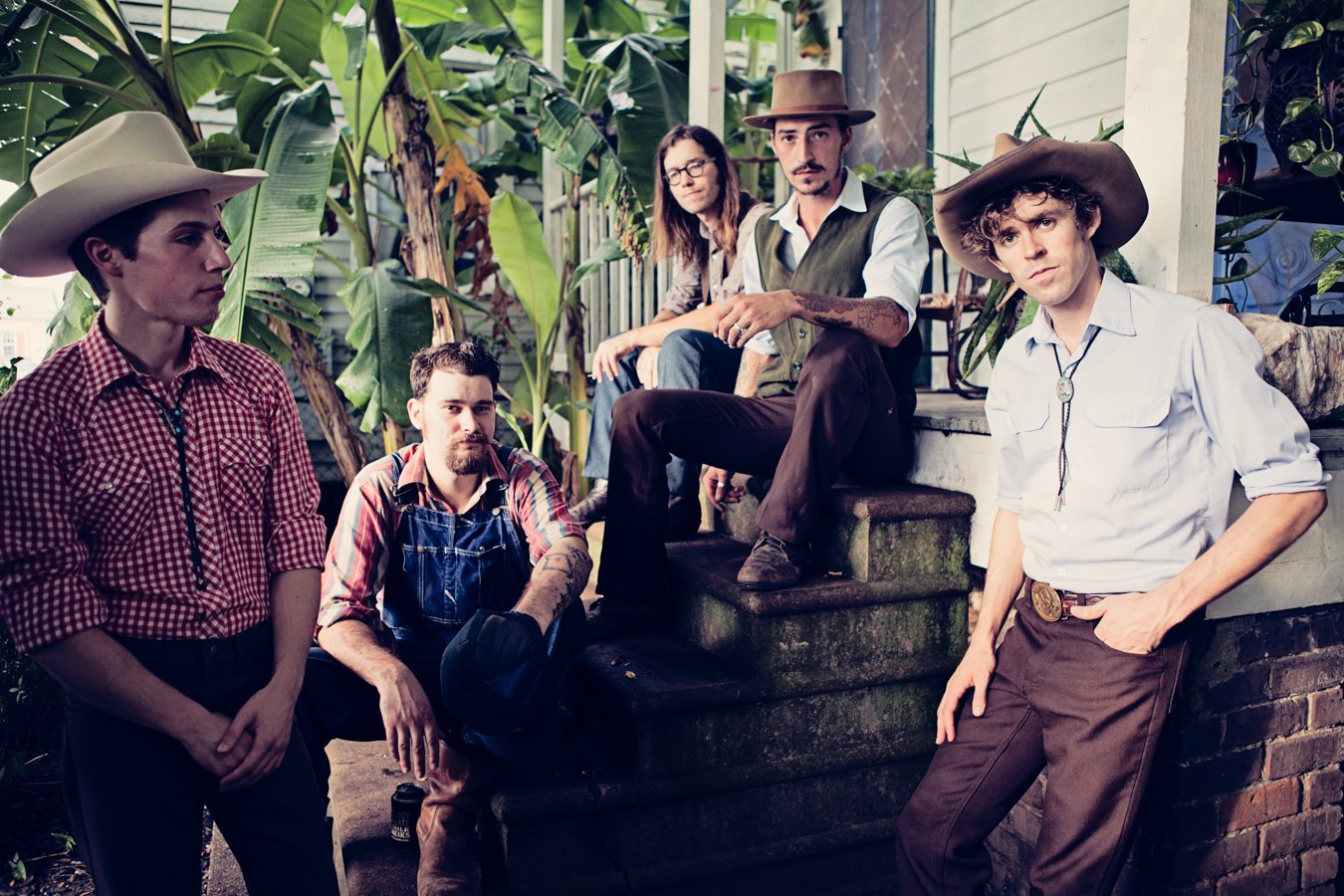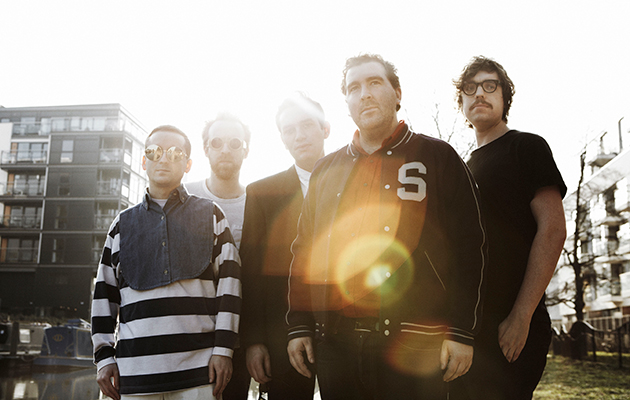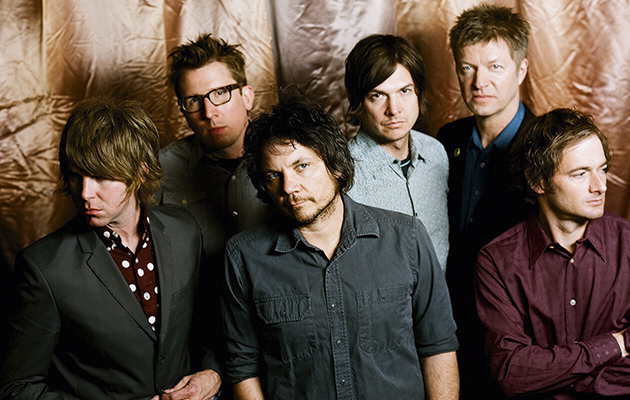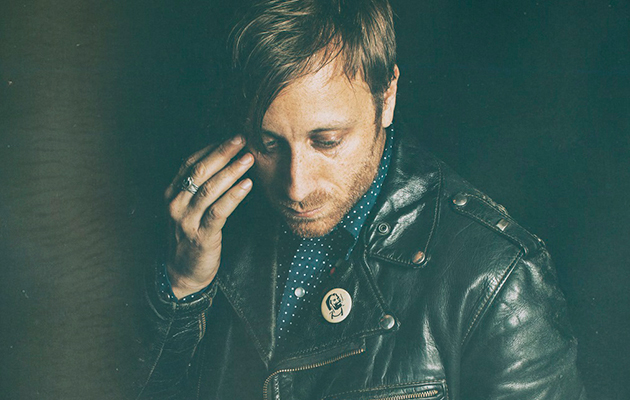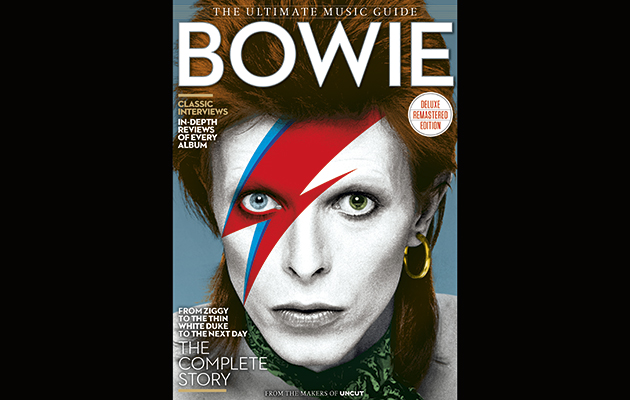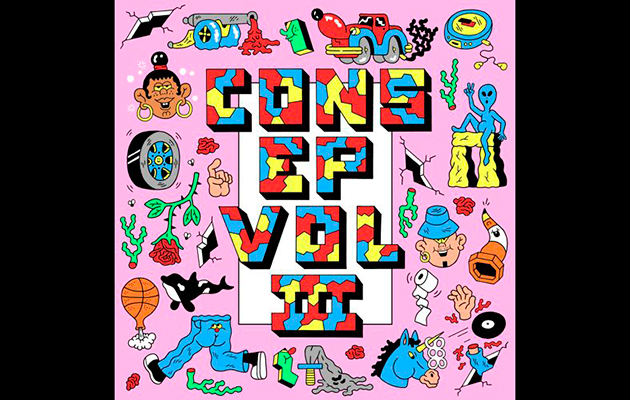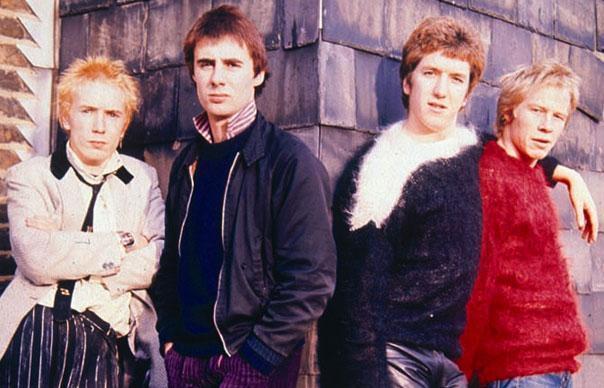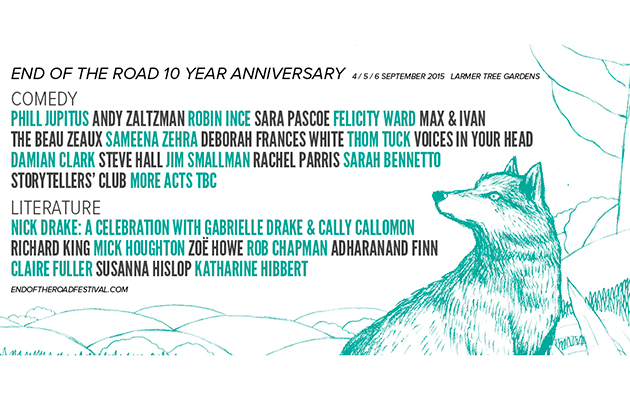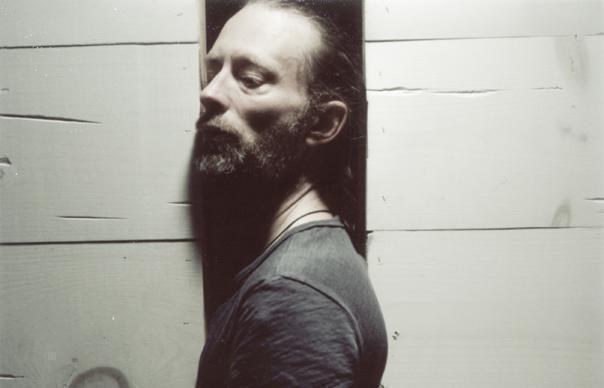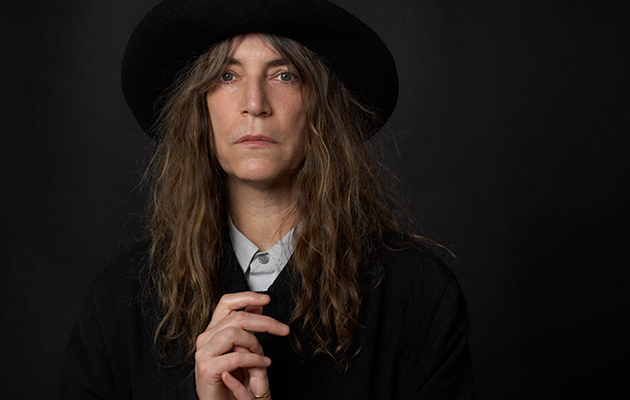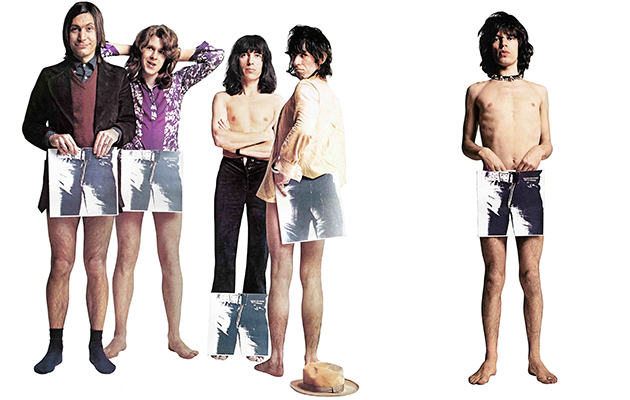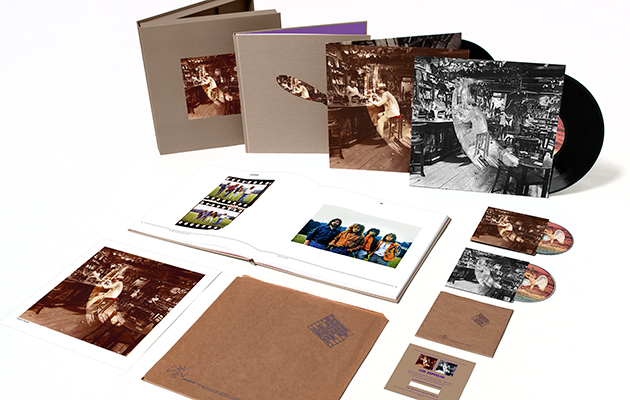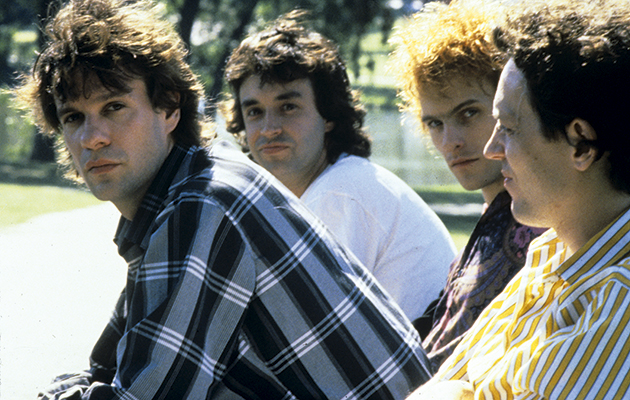Sitting on a Los Angeles hillside in 1967, trying to make sense of the world as it spun out of control before his eyes, Arthur Lee eventually came to a dazed conclusion, of sorts. “Life goes on here day after day,” he sang in “The Red Telephone”. “I don’t know if I’m living or if I’m supposed to be/ Sometimes my life is so eerie.”
A quarter of a century later, on the corner of Clarence and Mount Pleasant in Liverpool, it seems Mick Head – a preternaturally gifted, rather errant songwriter – had a similar epiphany. Head had been introduced to Arthur Lee in 1992 when an enterprising French promoter, Stephane Bismuth, hired Head’s band, Shack, to fill in for Love on a series of live dates. Now, in 1993, Head was in a studio with windows that allowed him a panoramic view of Liverpool; the perfect place to create music that invested the often harsh realities of everyday life with an unlikely romantic ambience. Here, perhaps, the world could become magical.
Head’s career, not for the first or last time, was in a bit of a mess. His first band, The Pale Fountains, had been hamstrung by the aesthetics and politics of the 1980s music business, and his second band, Shack, appeared to have gone the same way. One album, Zilch, had come out in 1988, with good songs compromised by a flashily unsympathetic production. A follow-up, Waterpistol, had been recorded in 1991 but remained in limbo (it would sneak out on a German indie label, Marina, to great acclaim and traditionally negligible sales, in 1995).
Bismuth, though, was one of a group of fanatics who saw beyond Head’s reputation as an erratic commercial pariah. To this small but vociferous cabal, Mick Head was a psychedelic visionary, a songwriter who could relocate the dreams and possibilities suggested by Love, The Byrds and Tim Buckley to his own Liverpool streets. Shack and The Pale Fountains’ recordings had mostly been blighted by major label expediencies, but Bismuth had a better idea: let Head and his latest band make a record at their own idiosyncratic pace, free of any pressure.
The band was called The Strands, though to most people it looked pretty much like Shack, featuring as it did Mick Head and his younger brother John, a diffident guitar virtuoso who was also, tentatively, proving himself to be a useful songwriter. The Magical World Of The Strands took two years to record, and another two to be released, by which time the Heads had returned to the Shack brand name and become embroiled in further major label shenanigans. Since then, there have been a handful of fine albums, each accompanied with bold claims (Noel Gallagher, never the most discreet salesman, released 2006’s Corner Of Miles And Gil on his Sour Mash label) and corresponding disinterest from the wider listening public.
It’s the sort of hard-luck legend loved by obsessive music fans, not least music critics. But while Head seems unfussed by his relative obscurity, it is still hard to accept that a masterpiece like The Magical World Of The Strands remains so marginal. This summer, the latest attempt to manoeuvre it into the canon is being launched, with a slightly expanded reissue of the original record, and a second album, The Olde World, that gathers up ten lost songs and alternate versions from the original sessions.
If anything, The Magical World has improved with age. In the mid-‘90s, there was an imperative to position Head as bruised guru to a generation of British rock classicists, exemplified by the Gallaghers and Richard Ashcroft. Head shared a certain romanticism that was rooted in but transcended the working-class North-West of the country, and his study of old records was just as thorough and unabashed. He was not, though, a writer of anthems, his songwriting mostly too feathery, too evanescent for blokey singalongs.
The closest he came on The Magical World was a rueful and brilliant song about his heroin addiction called “X Hits The Spot”, which articulated a difficult choice that he had made – essentially, drugs instead of a relationship – and its consequences: coming round to discover he had sold all his furniture to stay high. The chorus is punchy, emphatic, memorable. The verses, though, are more typical of The Magical World: words come in breathless, jazzy flurries, Head appropriating Lee’s trick of squeezing two or three extra words into a line to create a sense of babbling discombobulation.
Acoustic reveries predominate. “Queen Matilda”, in particular, seems to fill an emotional vacuum with opiate visions, where the “fish float by in gravity”. Sometimes, the invocations of lost love take on a rustic air, as if Head were hallucinating a John Constable landscape outside the studio window rather than the Liverpool streets. “It’s Harvest Time”, announces one Byrds-esque raga. “Hocken’s Hay”, banjo to the fore, is jaunty in a brackish, uncanny way. Away from the LA canyons, beyond the 1960s, few artists have conjured up a cosmically-adjusted renaissance fair with such verve; note how John Head, the patient straight man, cuts through the reveries with stinging electric solos on “And Luna” and “Glynys And Jaqui”. John’s exasperation finds a melancholy outlet on his own song, “Loaded Man”, easy to read as an open letter to his brother. “Do you think? Do you feel?” he asks plaintively, his voice sweeter and less husky than that of Mick, “Do you know where you are? Or where you’ve been?”
In 2015, Mick Head is perhaps more aware of where he’s been – though, as our Q&A reveals, his timeframes and concerns can still be a little sketchy: if nothing else the reissue of The Magical World Of The Strands means that Head will actually own a copy of his finest album. The release strategy of its beguiling companion piece, however, is a little curious. The Olde World features a string quartet instrumental version of the keynote love song, “Something Like You”; three unreleased songs (the raggedy, swaggering “Poor Jill”, a hazy coda to “Fontilan” called “Wrapped Up In Honour”, and the clangourous title track, pronounced “Oldie World”, closer in beat spirit to the Waterpistol sessions); and two early versions of songs that would turn up on Shack records a decade later (“Lizzie Mullally” and the brilliant, jazz-inflected “Fin, Sophie, Bobby And Lance”). All good stuff, but it nevertheless feels more like Disc Two of a deluxe edition rather than a standalone album.
Head’s labyrinthine path through the 1990s meant that The Strands never actually played live, something he intends to remedy this year, even if his brother seems unlikely to be involved. Characteristically, Mick Head has another group now, The Red Elastic Band, whose two records reveal a miraculously unsullied vision. Names and labels change, years are lost for one reason or other, but Michael Head is still writing songs about Liverpool, under the spell of Love. “You know I’ve been waiting for you/Keep me waiting for you/Keep me hanging on,” he sang on 2013’s “Lucinda Byre”, the eternal street poet-mystic. The name of the EP from which it came? “Artorius Revisited”, in honour of Arthur Lee.


